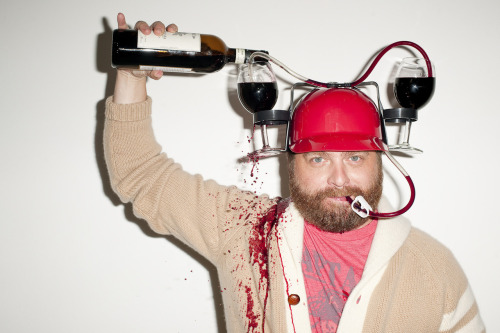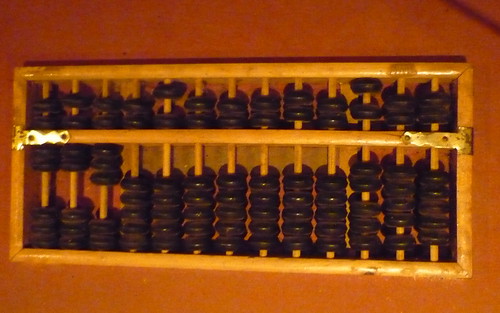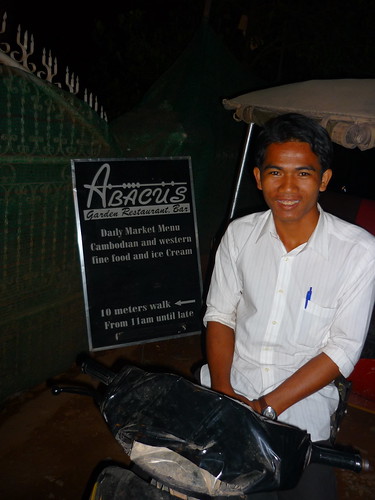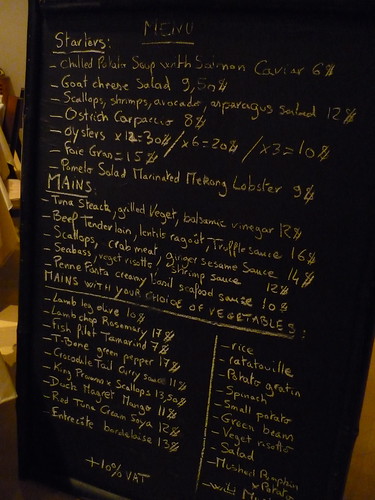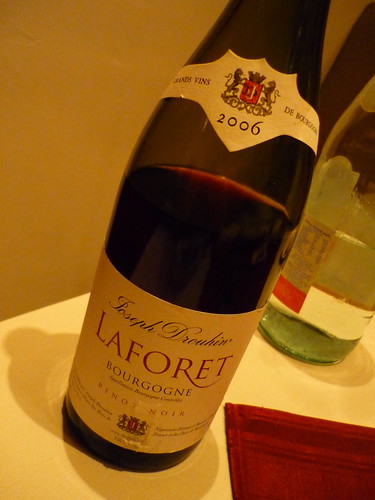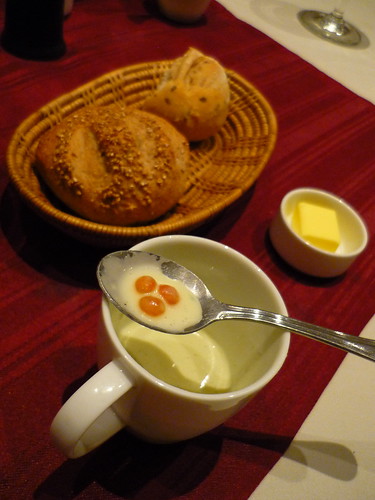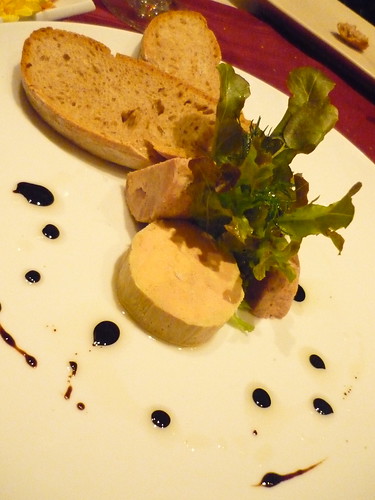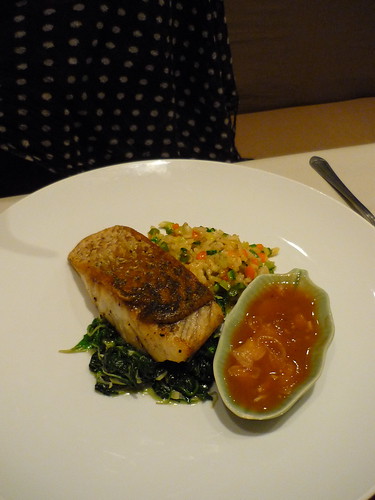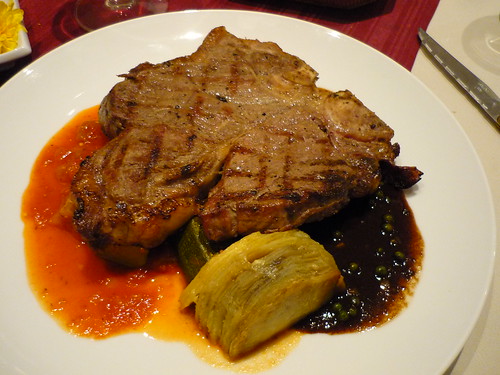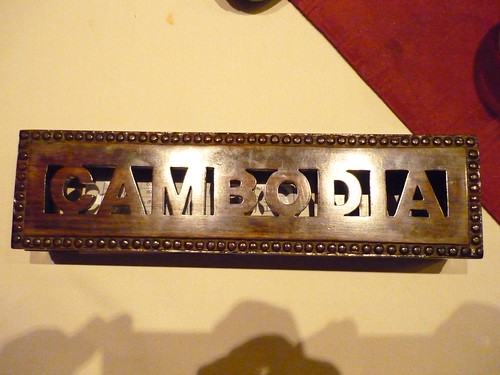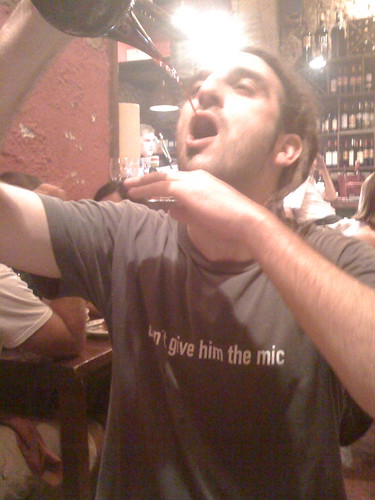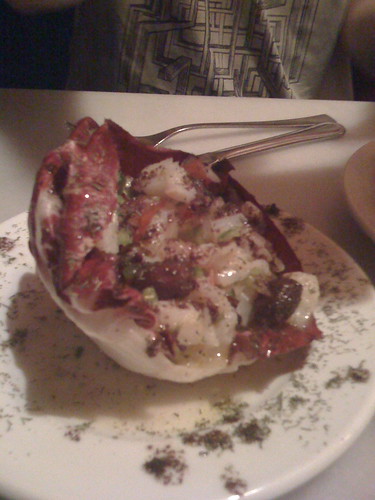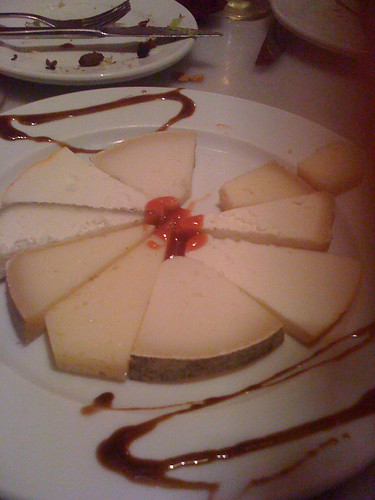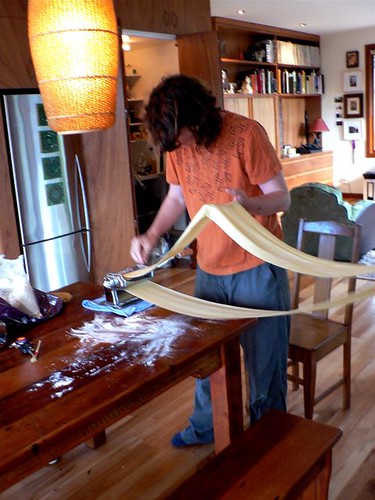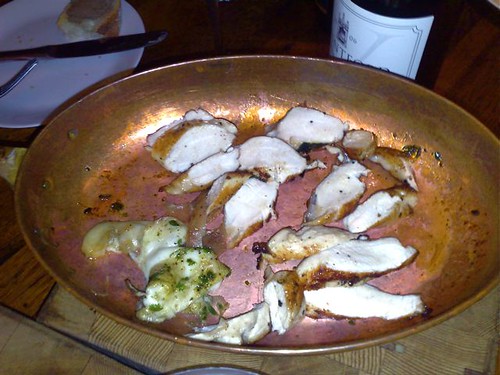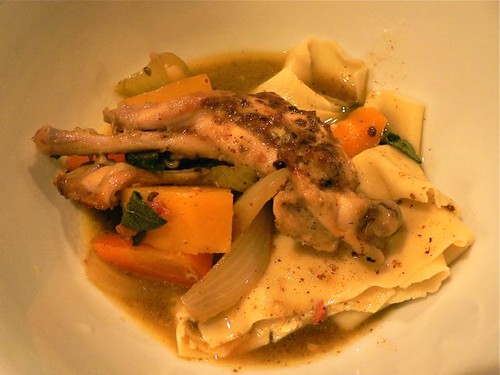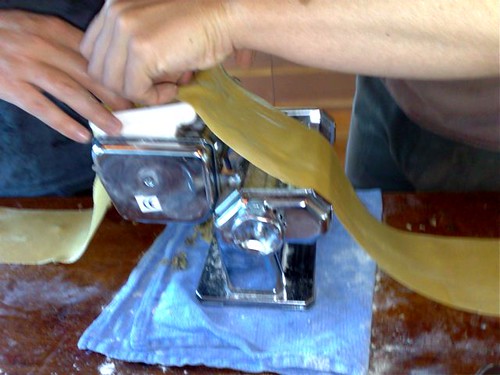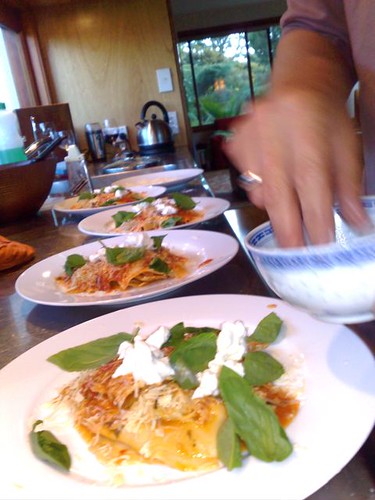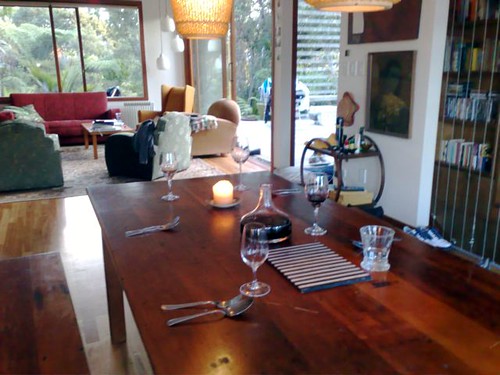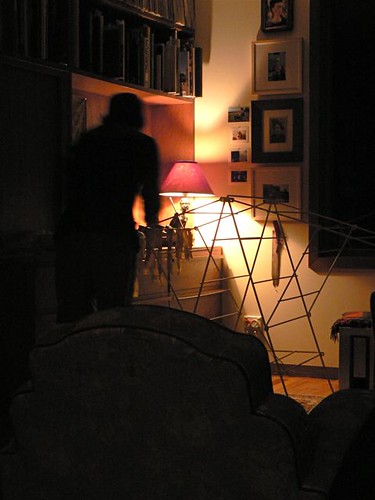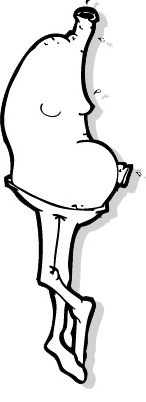Monday, 18 August 2008
by kinakoJam

Source: New York Times
I remember, growing up in New Zealand, that most parents who were into wine would have a box of chardonnay or savvie handy in the fridge. For some reason my nurse aunt and doctor uncle spring to mind. Feathered bleach blonde hair. Noisy afternoon drinking on an outside deck made of greying timber. The ladies had those silver metal & elastic arm adornments for holding up their shirt sleeves in a fashionable scrunch. On special days they'd do your hair in a french braid. We would blow up the plastic innersleeve bladders from the boxed wine and use them as floaties when we went swimming.
No, not really.
But people weren't shy of cask wine in the '80s. Oh, those halcyon days.
Article in New York Times:"ITALY’S Agriculture Ministry announced this month that some wines that receive the government’s quality assurance label may now be sold in boxes. That’s right, Italian wine is going green, and for some connoisseurs, the sky might as well be falling.
But the sky isn’t falling. Wine in a box makes sense environmentally and economically. Indeed, vintners in the United States would be wise to embrace the trend that is slowly gaining acceptance worldwide.
Wine in a box has been around for more than 30 years — though with varying quality. The Australians were among the first to popularize it. And hardly a fridge in the south of France, especially this time of year, is complete without a box of rosé."
From Wikipedia:
"The wine cask (or wine box) was invented by Tom Angove of Angove's, a winemaker from Renmark, South Australia, and patented by the company on April 20, 1965.
In 1967 C.H. Malpas and Penfolds Wines patented a plastic, air-tight tap welded into a metallised bladder, making storage much more convenient for consumers. All modern wine casks now utilise some sort of plastic tap, which is exposed by tearing away a perforated panel on the box.
The chief advantage to bag-in-a-box packaging is that it prevents oxidation of the wine during dispensing. After opening, wine in a bottle is oxidized by air in the bottle which has displaced the wine poured; wine in a bag is not touched by air and thus not subject to oxidation until it is dispensed. Cask wine is not subject to cork taint or spoilage due to slow consumption after opening.
After the wine is drunk and the bag is empty, the bag may be removed from the box and blown up through the tap valve like a balloon. The inflated bag makes a convenient pillow.
However, the bag is not hermetically sealed and has an unopened shelf life shorter than bottled wine. Most casks will have a best-before date stamped. [2] As a result, it is not intended for cellaring and should be drunk within the prescribed period.
Bag in a box packaging is also preferred by producers of more economical wines because it is less expensive than glass bottles. Unlike bag-in-box packaging of other liquids, wine is not under pressure so it is perfectly safe to remove the bladder from the box. A bag of wine, once removed from the box, will float on water; this allows quick cooling of a white wine by immersion in an ice bath."
Who wrote this!
"The inflated bag makes a convenient pillow." Very cute, Wikipedia, very cute. Spoken like a true drunkard.
